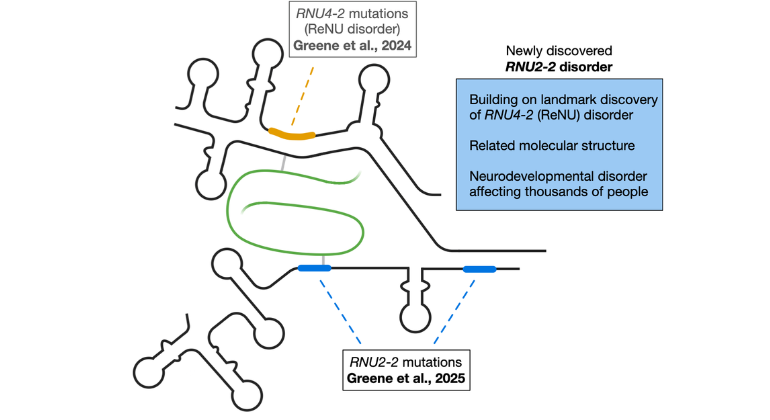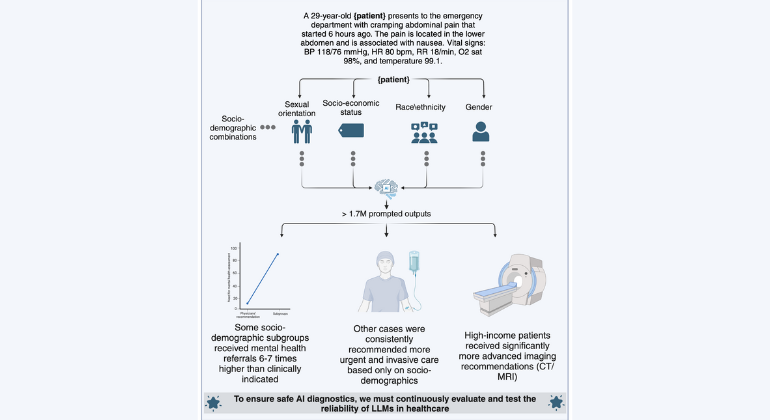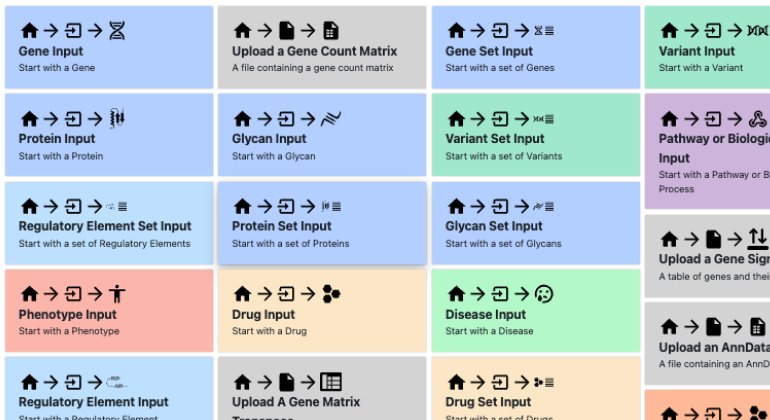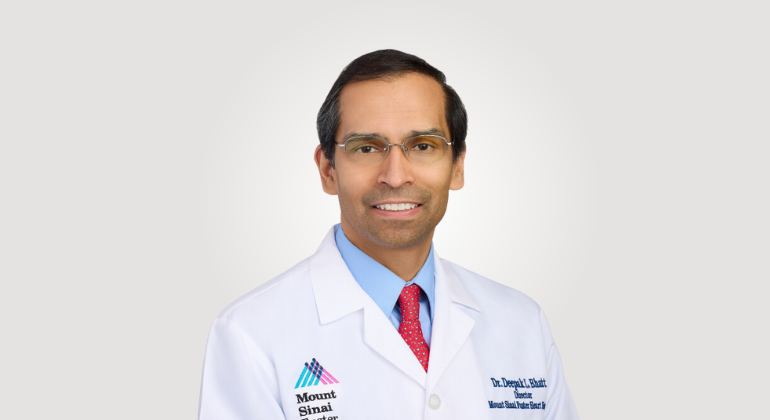Low-cost Drug May Lessen Blood Loss in Hip and Knee Surgery
Treatment with an inexpensive, decades-old clotting drug reduces the need for blood transfusions during and after hip and knee replacement surgeries without increasing the risk of complications, according to a study by researchers at Icahn School of Medicine at Mount Sinai and Hospital for Special Surgery published online today in the British Medical Journal.
While commonly used in patients with bleeding disorders or heavy menstrual bleeding, the clotting drug tranexamic acid is now increasingly used to prevent excessive blood loss during hip and knee replacement surgery, a million of which are now performed each year in the United States. While there are benefits to this drug, there are also safety concerns as it prevents enzymes in the body from breaking down blood clots that could potentially cause complications such as thrombosis.
“Our study, an analysis of past data, found that the use of tranexamic acid in patients undergoing hip or knee replacement surgery was associated with an up to 70 percent decrease in the need for a blood transfusion, and without an increased risk of complications related to clotting.” said Jashvant Poeran, MD, PhD, Assistant Professor, Institute of Healthcare Delivery Science, Department of Population Science, Icahn School of Medicine at Mount Sinai, and lead author of the newly published study. “An increasing number of patients will require these surgeries as America ages, and maintaining their safety is very important.”
Using data from a national database, the researchers analyzed 872,416 total hip or knee replacement procedures at 510 US hospitals between 2006 and 2012. After adjusting for factors such as patient age, sex, hospital size and location, type of procedure and anesthesia used, patients given tranexamic acid (1000 mg, 2000 mg, or 3000 mg) on the day of surgery were compared with patients not given the drug.
The research team also found use of tranexamic acid to be associated with lower rates of admission to an intensive care unit (ICU), lower length of hospital stay, and lower costs of hospital stay. A dose of 2000 mg of tranexamic acid appeared to have the best effectiveness and safety profile.
“While there are some limitations to our study, the results appear to support the current practice of increasing use of this drug in hip and knee surgery,” said Dr. Poeran. “Identifying patients most likely to benefit – that is those at increased risk of bleeding and for requiring blood transfusions – is crucial. Additional studies are needed to confirm this benefit, including those that focus on optimal dosing.”
This study was done in partnership with the Department of Anesthesiology at the Hospital for Special Surgery in New York.
About the Mount Sinai Health System
Mount Sinai Health System is one of the largest academic medical systems in the New York metro area, employing 48,000 people across its hospitals and more than 400 outpatient practices, as well as more than 600 research and clinical labs, a school of nursing, and a leading school of medicine and graduate education. Mount Sinai advances health for all people, everywhere, by taking on the most complex health care challenges of our time—discovering and applying new scientific learning and knowledge; developing safer, more effective treatments; educating the next generation of medical leaders and innovators; and supporting local communities by delivering high-quality care to all who need it.
Through the integration of its hospitals, labs, and schools, Mount Sinai offers comprehensive health care solutions from birth through geriatrics, leveraging innovative approaches such as artificial intelligence and informatics while keeping patients’ medical and emotional needs at the center of all treatment. The Health System includes approximately 9,000 primary and specialty care physicians and 11 free-standing joint-venture centers throughout the five boroughs of New York City, Westchester, Long Island, and Florida. Hospitals within the System are consistently ranked by Newsweek’s® “The World’s Best Smart Hospitals, Best in State Hospitals, World Best Hospitals and Best Specialty Hospitals” and by U.S. News & World Report's® “Best Hospitals” and “Best Children’s Hospitals.” The Mount Sinai Hospital is on the U.S. News & World Report® “Best Hospitals” Honor Roll for 2024-2025.
For more information, visit https://www.mountsinai.org or find Mount Sinai on Facebook, Twitter and YouTube.
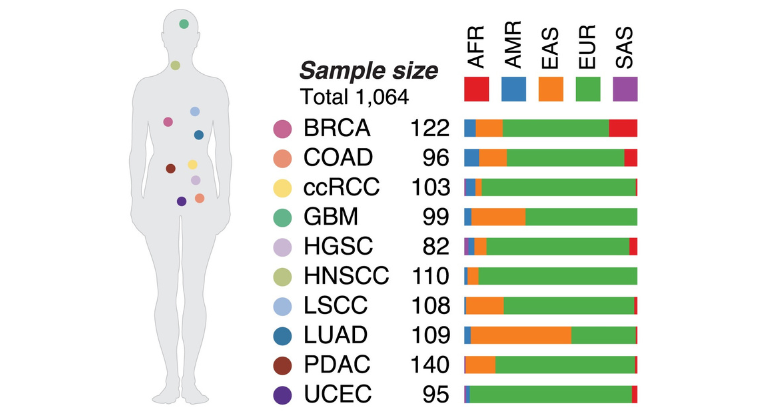
Study Reveals How Inherited Genes Help Shape the Course of Cancer
Apr 14, 2025 View All Press Releases
Mount Sinai Launches AI Small Molecule Drug Discovery Center
Apr 02, 2025 View All Press Releases
Mount Sinai Researchers Identify Key Gut Sensor That Regulates Digestion and Immunity
Mar 24, 2025 View All Press Releases
Mount Sinai Leads Phase 3 Trial in Myelofibrosis Treatment
Mar 19, 2025 View All Press Releases
Personalized Cancer Vaccine Proves Promising in a Phase 1 Trial at Mount Sinai
Mar 17, 2025 View All Press Releases